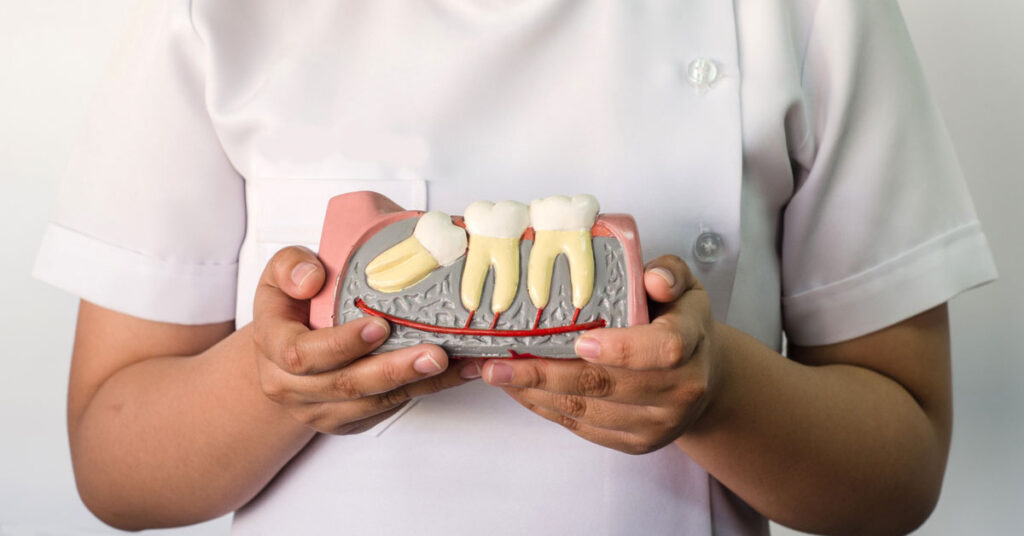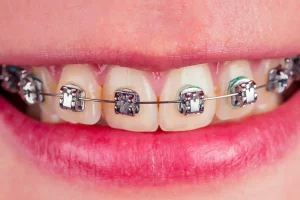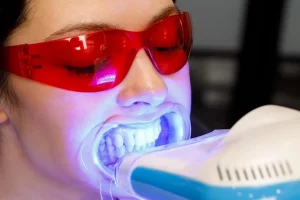Wisdom teeth are the third set of molars. They erupt at the extreme both ends of upper and lower teeth-line on the jaw. The eruption of wisdom teeth happens between the age of 16 and 25 for most of us. Sometimes not all four wisdom teeth erupt. Sometimes, few wisdom teeth might erupt perfectly but few might erupt partially beginning to cause problems. Interestingly it is reported that few people in the world do not have wisdom teeth at all. Call it evolution in the happening! So what are these wisdom teeth and what are their roles?
Wisdom Teeth – Their Roles
Some hundred million years ago, wisdom teeth played a role in digestion in our human ancestors. That was the time when their diet would be made of raw meat and things that require a great deal of tearing, munching and chewing. The increased mastication function translated to increased wear and tear of the molars. So the wisdom teeth that are third molars served a purpose when the other molars would wear down. Also, our ancestors had broader jaws and so the jaw bone had enough room to accommodate all the teeth.
Wisdom Teeth Today
Modern humans have switched to cooked, processed meat and hence this food type does not require much of mastication. In a parallel evolutionary trend and development, the jaw has shortened considerably. This has a telling effect on how the wisdom teeth would emerge. For some whose jaws can accommodate, they do not cause any problem. But for many, the emergence of wisdom teeth is an issue. In an evolutionary angle, it is not a surprise if nature is trying to eliminate the entire wisdom teeth once and for all. This might be the reason why some people just do not have wisdom teeth at all.
Is it mandatory to remove wisdom teeth?
The removal is decided actually by the dentist. A digital x-ray or image of the oral area is used by the dentist to ascertain if the wisdom teeth will erupt properly. Suppose they are not destined to emerge or erupt properly, they can cause impaction. Wisdom teeth impaction is a phenomenon where the wisdom teeth lies in an unfavorable position inside the gums and touches the adjacent teeth before they could erupt. This impaction can cause pain and discomfort in the future which warrants removal before they erupt.?
Similarly, the dentist can ascertain if the eruption of wisdom teeth can cause crowding. Crowding happens when the teeth are not aligned properly in the jaw because adequate space is not present. In such a case, the yet to emerge wisdom teeth are recommended to be removed so that all other teeth emerges normally and are properly aligned.
Problems caused by Wisdom Teeth
Wisdom teeth that are identified as problematic can cause cavities, gum diseases, and infections. As a matter of fact, wisdom teeth are more prone to cavities because they are hard to clean and maintain owing to the extreme end they are located. The wisdom teeth may not be straight in many cases and would have erupted at an angle causing extreme discomfort. This can cause issues to both the wisdom tooth and the adjacent teeth making them susceptible to dental caries. Also in the wisdom teeth, identifying the presence of dental caries is a challenge in itself.
Removal of Wisdom teeth at an earlier stage
It may be noted that removal of wisdom teeth if carried at an earlier stage even before they erupt causes fewer problems. Because the root would be smaller, not well established and hence they would be easier to remove. Also when the wisdom teeth erupt and become established, the root sometimes might touch the lingual or mandibular nerve and hence the complications arising out of it will be higher. So for all these reasons, wisdom teeth removal is opted for if the dentist recommends them to be removed at a much earlier stage.





